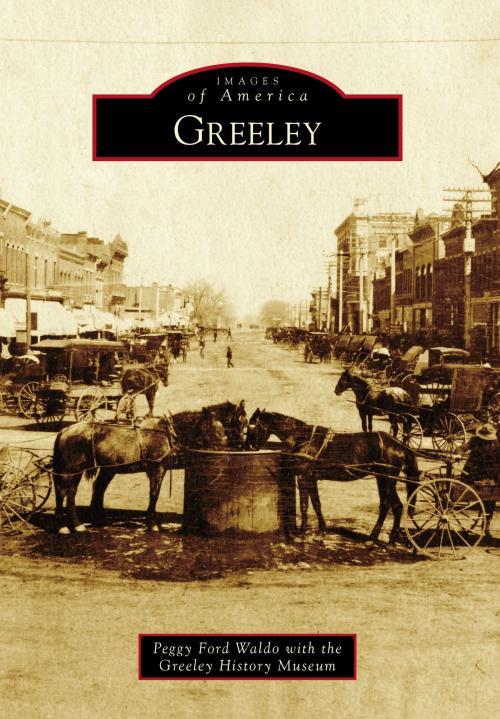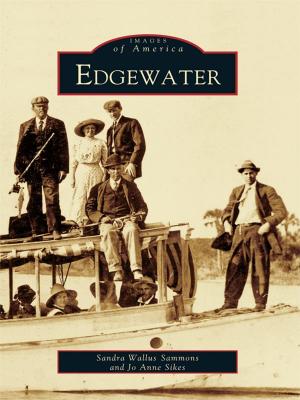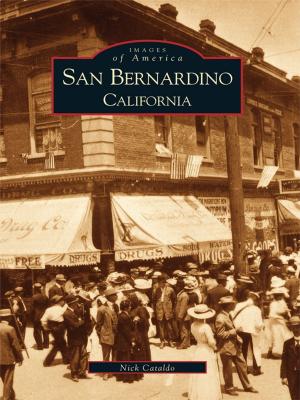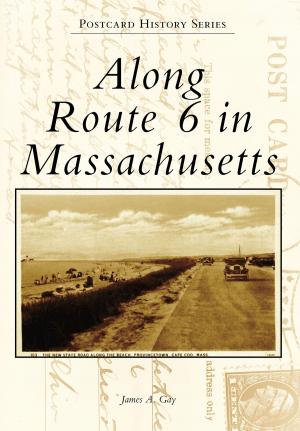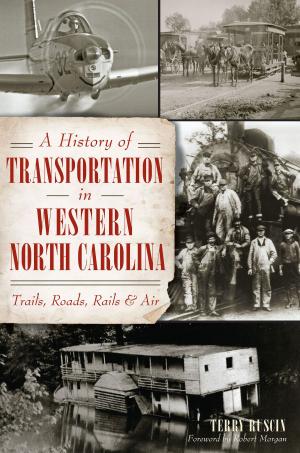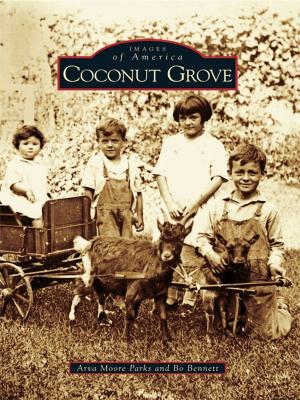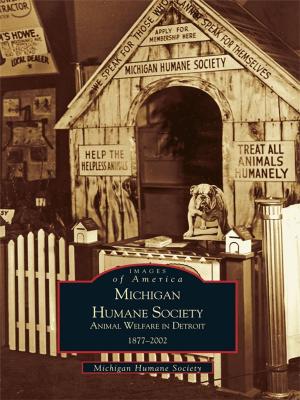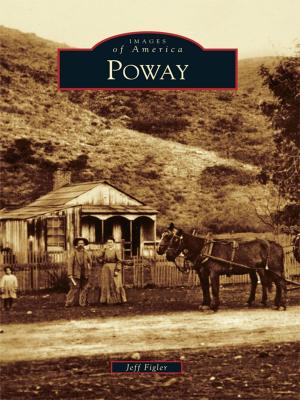| Author: | Peggy Ford Waldo, Greeley History Museum | ISBN: | 9781439659144 |
| Publisher: | Arcadia Publishing Inc. | Publication: | December 19, 2016 |
| Imprint: | Arcadia Publishing | Language: | English |
| Author: | Peggy Ford Waldo, Greeley History Museum |
| ISBN: | 9781439659144 |
| Publisher: | Arcadia Publishing Inc. |
| Publication: | December 19, 2016 |
| Imprint: | Arcadia Publishing |
| Language: | English |
In October 1869, Nathan Meeker, the New York Tribune's agricultural editor, visited the Colorado Territory. Impressed with the scenery, people, climate, and resources, he wrote an article, "A Western Colony," for the Tribune, inviting principled people with money to invest in a temperance and agricultural colony. Over 3,000 prospective colonists wrote to Meeker. On December 23, Meeker founded the Union Colony, a joint-stock colonization company, and chose 737 of the best applicants as members. In April 1870, the company established the town of Greeley, named for Tribune editor Horace Greeley. Founded on the principles of temperance, religion, education, agriculture, irrigation, cooperation, and family values, Greeley became the Weld County seat in 1877. Agriculture and water development ensured Greeley's reputation as the "Garden Spot of the State." Potatoes became its first commercially viable crop. From 1900 to 1950, agricultural expansion ushered in a succession of immigrants, including Germans from Russia, Japanese, Hispanics, and Mexican nationals, looking for work and new opportunities. Greeley's economy, growth, and diversity remain rooted in the land and its people.
In October 1869, Nathan Meeker, the New York Tribune's agricultural editor, visited the Colorado Territory. Impressed with the scenery, people, climate, and resources, he wrote an article, "A Western Colony," for the Tribune, inviting principled people with money to invest in a temperance and agricultural colony. Over 3,000 prospective colonists wrote to Meeker. On December 23, Meeker founded the Union Colony, a joint-stock colonization company, and chose 737 of the best applicants as members. In April 1870, the company established the town of Greeley, named for Tribune editor Horace Greeley. Founded on the principles of temperance, religion, education, agriculture, irrigation, cooperation, and family values, Greeley became the Weld County seat in 1877. Agriculture and water development ensured Greeley's reputation as the "Garden Spot of the State." Potatoes became its first commercially viable crop. From 1900 to 1950, agricultural expansion ushered in a succession of immigrants, including Germans from Russia, Japanese, Hispanics, and Mexican nationals, looking for work and new opportunities. Greeley's economy, growth, and diversity remain rooted in the land and its people.
